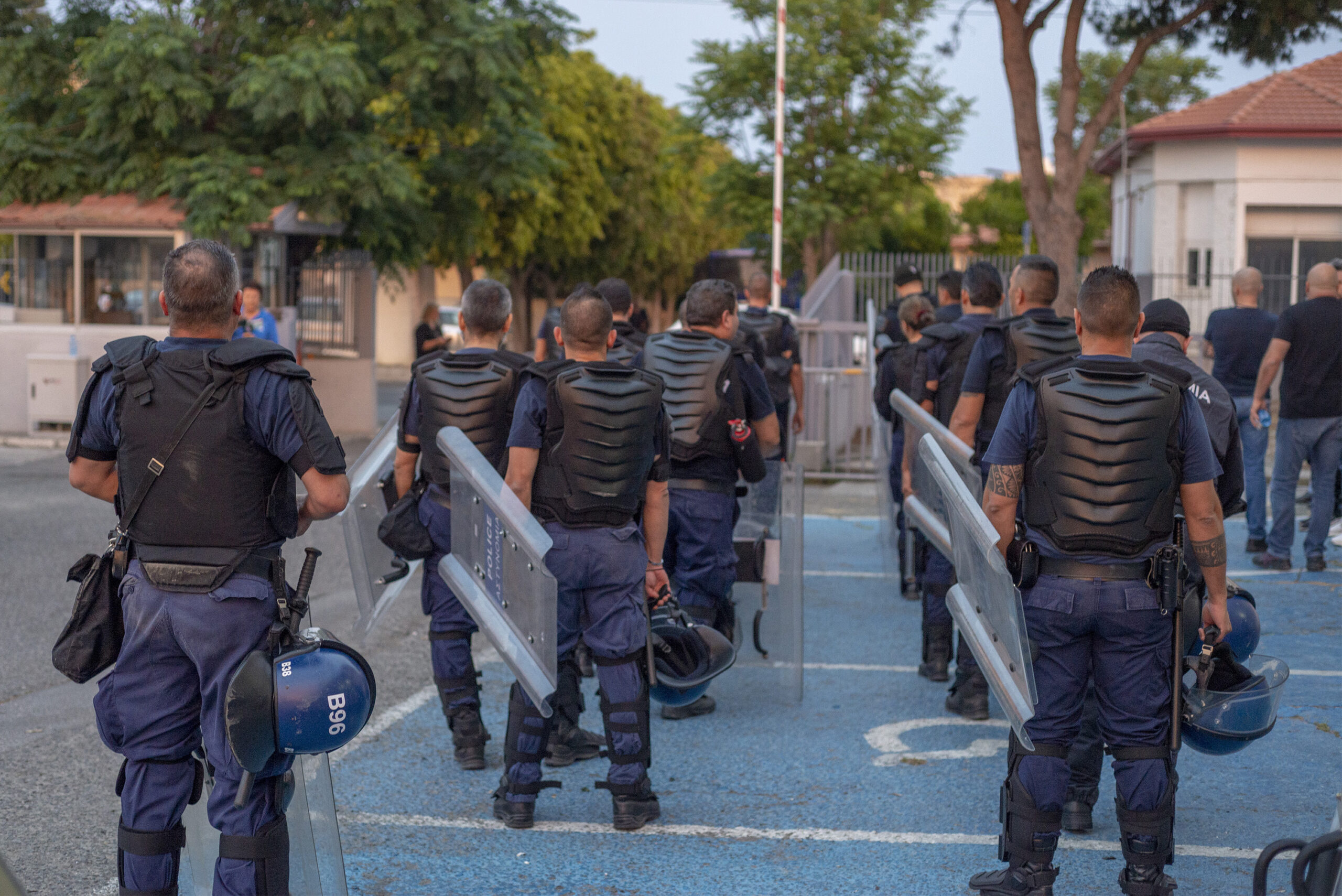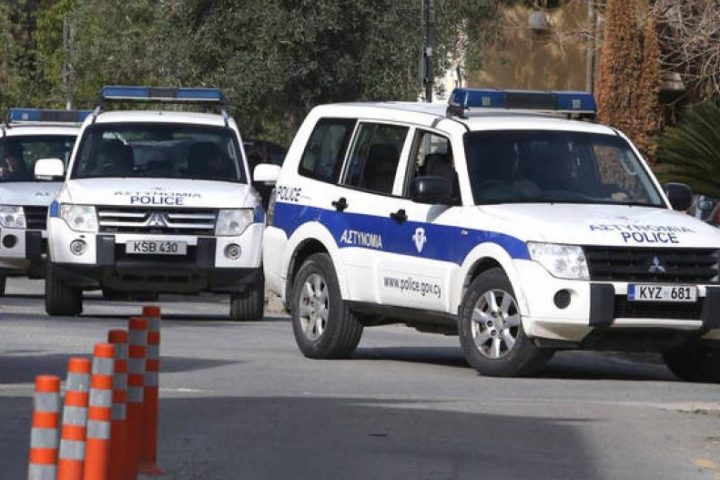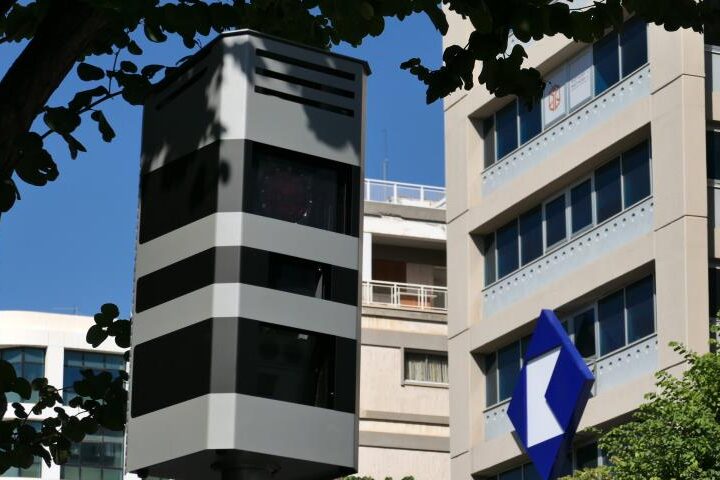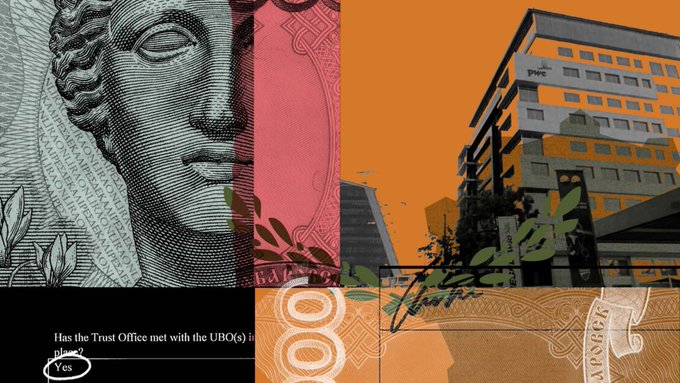Cyprus police are on red alert over possible trouble from anti-migrant agitators despite the cancellation of a high-risk demonstration on Wednesday outside the Presidential Palace.
According to police sources, the force is sticking to its plans to place the Presidential Palace and select locations in the capital under heavy guard.
The police will be enforcing its operational plan, as sources say that they cannot rule out smaller gatherings that could turn violent.
Following the violent scenes witnessed in Chlorakas and Limassol last week, the police leadership has rethought its strategy after being heavily criticised for standing by while violence erupted.
Plans include stepping up patrols in areas where migrants live and have businesses, such as Ledra Street in Nicosia.
Organisers of the demonstration, working from a Facebook page called “Mass deportations now”, had claimed that their protest would have been a peaceful one.
However, the group describes immigration as “the third invasion of our island, with the consent of all the last Cypriot governments”.
“The danger that we may also lose the other half of our homeland is now more than visible, and the survival of Cypriot Hellenism in the place of its ancestors is more than in doubt,” they said.
“The problem is not only in Chlorakas; it extends to Ledra Street, to Kokkinotrimithia, and at some point, it will corrode even the last village in Cyprus.”
Concerned pro-migrant activist groups have urged vulnerable minorities to keep a low profile on Wednesday.
“Please avoid walking within the areas of central Nicosia from Wednesday evening until the following morning.
“Please protect yourselves by staying indoors as much as possible and take measures to protect your properties,” reads an SMS sent out.
They also encouraged minorities not to go out alone and to “avoid crossing points”.
Over 30 people were arrested in connection with violent incidents in Chlorakas and Limassol, where foreigners and their property were attacked.
The Limassol violence came days after Syrians living in Chlorakas, Paphos, were targeted by hooded attackers in sporadic incidents over two days, leading to more than 20 arrests.
Anti-migrant sentiment has grown in recent years as the government has highlighted its struggles with tackling irregular migration, although asylum applications have dropped.










